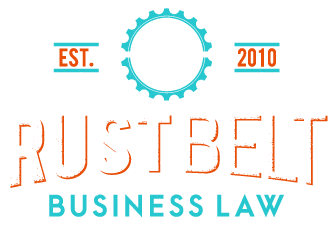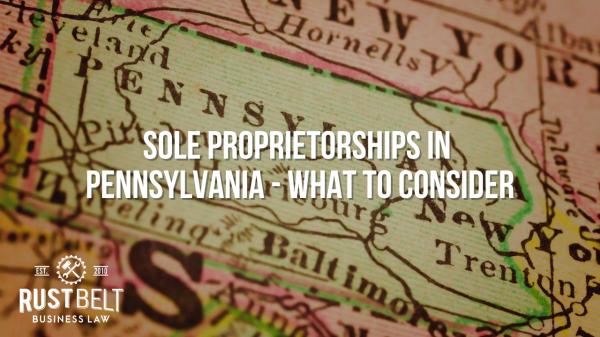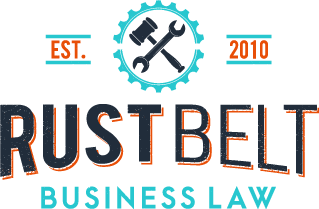Whether or not a sole proprietorship is the correct business structure for you depends on your individual circumstances. If you are starting a small business with low risk and limited capital needs, a sole proprietorship could be a good option. However, if you are starting a business with high risk or significant capital needs, you may want to consider a different business structure, such as an LLC or corporation.
Advantages
- Easy to start and maintain. Usually, there is no paperwork required to establish a sole proprietorship, and the ongoing compliance requirements are minimal.
- Complete control over the business. As the sole owner, you have complete control over all aspects of your business.
- Keep all profits. As a sole proprietor, you keep all of the profits from your business.
- No need to file separate business tax returns. Sole proprietors file their business income and expenses on their personal tax returns using Schedule C.
- Pass-through taxation. Sole proprietorships are not subject to double taxation. Business profits are passed through to the owner's personal tax return and taxed only once at the individual level.
Disadvantages
- Unlimited personal liability. As a sole proprietor, you are liable for all business debts and liabilities. If your business gets sued or files bankruptcy, your personal assets may be at risk.
- Limited ability to raise capital. It can be a challenge raising capital for a sole proprietorship, as lenders are often reluctant to lend money to businesses with unlimited personal liability.
- Business terminates upon the owner's death. If you die, your sole proprietorship automatically terminates.
- Self-employment taxes. Sole proprietors are responsible for paying self-employment taxes on their business income.
Additional Considerations
In addition to the advantages and disadvantages listed above, there are a few other things to consider when deciding whether or not a sole proprietorship is the right business structure for you:
- Your industry. Some industries, such as healthcare and construction, are more risk-prone than others. If you are starting a business in a high-risk industry, you may want to consider a different business structure that offers more liability protection.
- Your personal assets. If you have significant personal assets, such as a home or savings account, you may want to consider a different business structure that offers more liability protection.
- Your business plans. If you plan to grow your business rapidly or raise capital from investors, you may want to consider a different business structure that is more scalable and attractive to investors.
Sole proprietorships are a popular business structure for small businesses in Pennsylvania. They are easy to establish and maintain, and they offer owners complete control over their businesses. However, sole proprietorships also have some disadvantages, such as unlimited personal liability and limited ability to raise capital.
If you are considering starting a sole proprietorship in Pennsylvania, it is critical to weigh the advantages and disadvantages carefully. If you've got any additional questions, contact us today.




